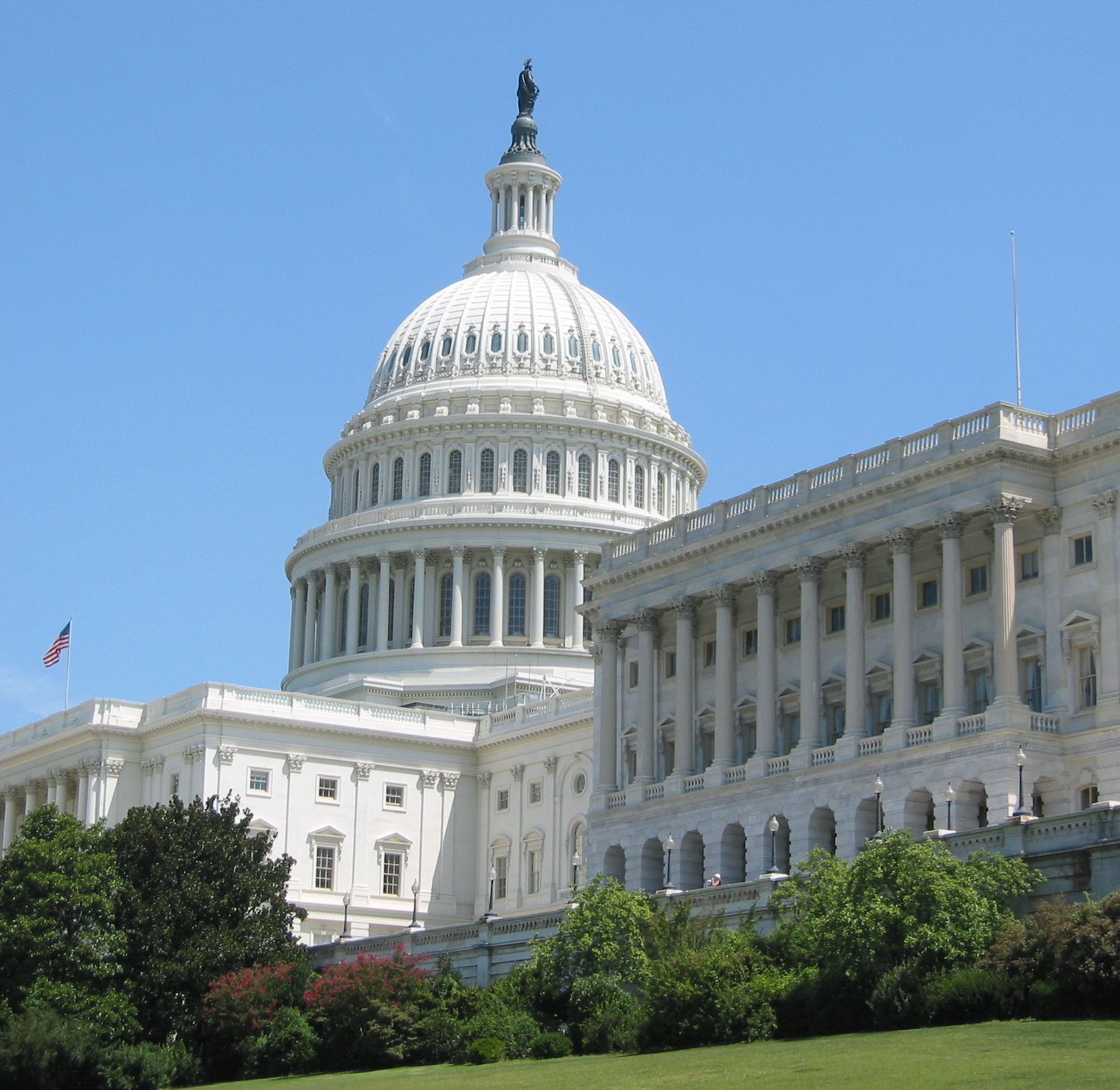
Advocacy
Benjamin Rose Institute on Aging is committed to staying engaged in, and sharing, the latest public policy news affecting older adults, caregivers and the professionals who care for them. The Washington Update is produced monthly with our partners at Matz, Blancato & Associates to share the latest information about policy issues impacting older adults and their families.
Reconciliation
The all-important Budget Reconciliation process is not finished as of the time of this report. The next step in the process will be the Senate adopting their Reconciliation bill. Then, depending on differences, the House and Senate will have to come to one agreement to send on to the President. There are significant issues around taxes, Medicaid, and SNAP that are not resolved, so details will be provided in the next report.
OAA Reauthorization Update
The Older Americans Act Reauthorization movement got off to a fresh start last week as Senate Health, Education, Labor, and Pensions (HELP) Committee Chairman Bill Cassidy (R-LA) and Ranking Member Bernie Sanders (I-VT) introduced the Older Americans Act Reauthorization Act of 2025 (S.2120), which mirrors the previous version (S.4776) that unanimously passed in the Senate but stalled when the House failed to act last December.
Nine senators have signed on as cosponsors, including the Senate Special Committee on Aging Chairman Rick Scott (R-FL) and Ranking Member Kirsten Gillibrand (D-NY), along with Senators Susan Collins (R-ME), Tim Kaine (D-VA), Markwayne Mullin (R-OK), Ed Markey (D-MA), Lisa Murkowski (R-AK), and Ben Ray Luján (D-NM).
The legislation would extend OAA funding through 2030 while implementing several updates. Notable changes include authorization increases totaling 18% over four years, formal approval for grab-and-go meal services that have successfully engaged younger participants, and establishment of a dedicated Tribal Advisory Committee. Additional provisions focus on enhancing program flexibility, bolstering oversight mechanisms, and expanding resources for both family caregivers and direct care staff. The bill also emphasizes improved services for Tribal communities and individuals with disabilities.
Aging Legislation
Senator Grassley (R-IA) and Senator Richard Blumenthal (D-CT) launched a bipartisan recognition of Elder Justice last week with a Senate Resolution establishing June 15 as World Elder Abuse Awareness Day and declaring June 2025 as Elder Abuse Awareness Month.
Senator Bill Cassidy (R-LA) recently reintroduced the Treat and Reduce Obesity Act (S.1973) with 17 bipartisan cosponsors. The legislation would expand Medicare coverage of FDA approved obesity medications, including GLP-1s, and include Intensive Behavioral Therapy in obesity treatment protocols. It would impact older adults undergoing obesity treatment who face elevated risks of malnutrition and muscle loss and reflects the growing awareness of the unique nutritional challenges older patients experience during weight management therapy.
Representative Jan Schakowsky (D-IL) and 29 cosponsors reintroduced H.Resolution 465 calling for Congress to enact an Older Americans Bill of Rights establishing seniors’ rights to live with dignity and independence. The resolution outlines comprehensive rights including quality healthcare and long-term services, financial security through expanded Social Security and Medicare, and full community participation through accessible housing, transportation, and technology.
Hearings and Other Updates
Senate Judiciary Committee Chairman Chuck Grassley (R-IA) held a hearing on June 17 examining how transnational crime networks target older Americans through sophisticated scam operations. The hearing highlighted that scammers stole $158 billion from Americans in 2023, with $62 billion specifically taken from seniors, and explored how criminal organizations use AI technology and cross-border operations to defraud victims.
The Department of Health and Human Services Secretary Kennedy visited Meals on Wheels America of Central Maryland in Baltimore where he joined volunteers to help prepare and deliver meals to local seniors.


